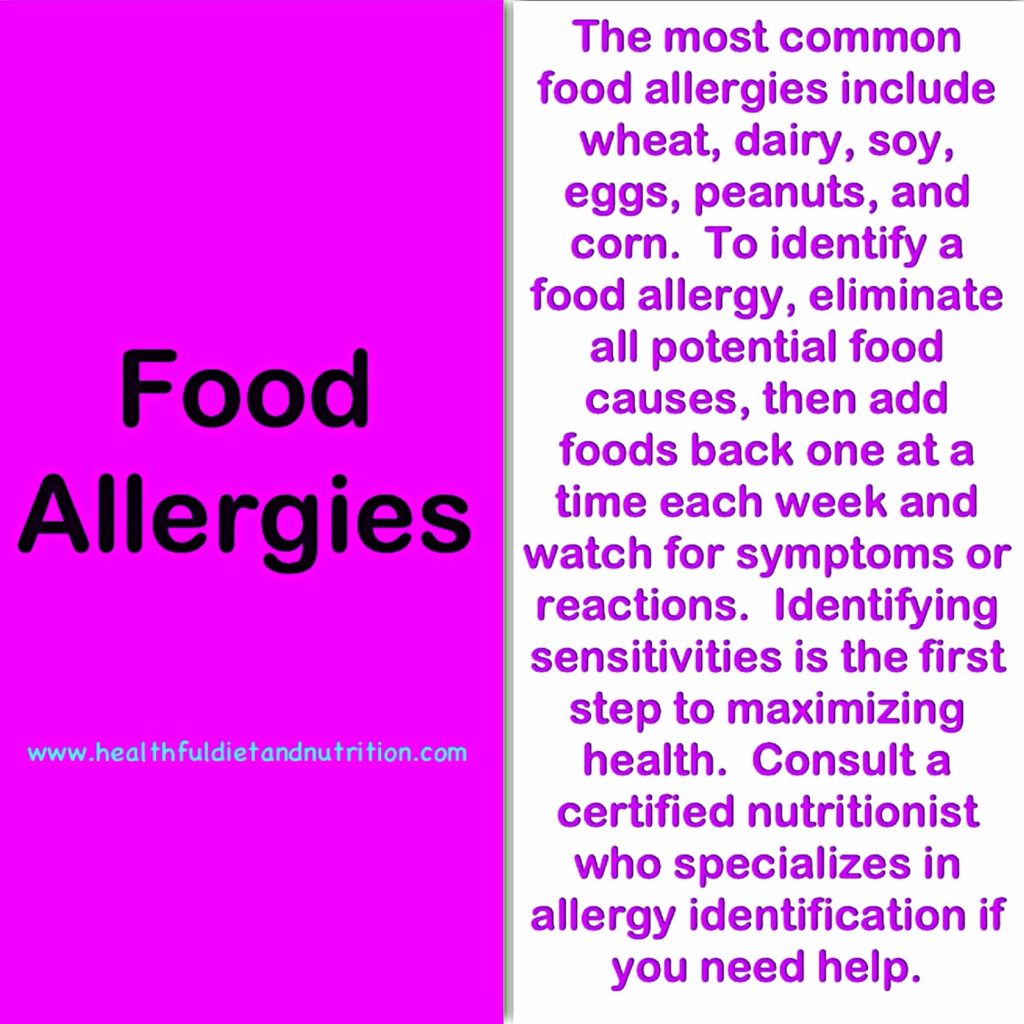Food Allergies

Food allergies occur when the immune system mistakenly identifies certain proteins in food as harmful. Common allergens include peanuts, tree nuts, milk, eggs, soy, wheat, fish, and shellfish. Symptoms range from mild (hives, itching, digestive issues) to severe (anaphylaxis, a potentially life-threatening reaction). Diagnosis typically involves skin tests or blood tests to detect specific antibodies. Management primarily involves strict avoidance of trigger foods and carrying an epinephrine auto-injector for emergencies. Education about reading labels and cross-contamination is crucial for those with food allergies to prevent accidental exposure and ensure safety while dining out or preparing meals at home.
CLICK![]() Below to Continue:
Below to Continue:
![]()

